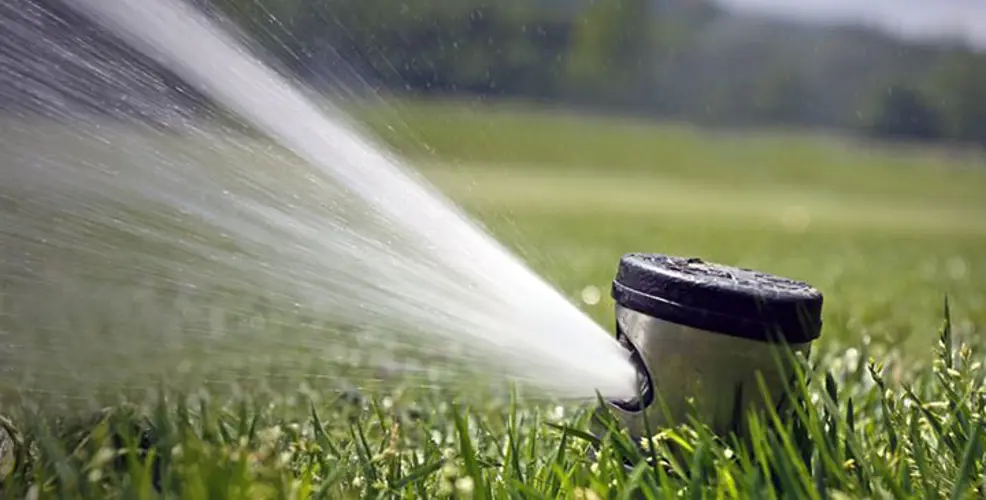
Digital Water Management Solutions: Revolutionizing Resource Efficiency
Share
In today's rapidly evolving technological landscape, the significance of digital water management solutions cannot be overstated. As the world grapples with climate change and dwindling natural resources, the quest for sustainable and efficient water management has intensified. For tech professionals and enthusiasts, the integration of digital technology into water management systems offers a promising avenue to address these critical challenges.
At its core, digital water management solutions involve the use of cutting-edge technology to monitor, control, and optimize water usage. These systems leverage the power of the Internet of Things (IoT), big data analytics, and artificial intelligence to provide real-time insights and predictive analytics, paving the way for smarter and more efficient water usage. The potential impact of these solutions on industries, municipalities, and individual households is immense, promising not only to conserve water but also to significantly reduce costs associated with water wastage.

How Digital Water Management Works
The foundation of digital water management solutions lies in the deployment of smart sensors and meters. These devices are capable of capturing a myriad of data points, such as water flow rates, pressure levels, and consumption patterns. The collected data is then transmitted to a central system where it is analyzed using advanced algorithms. This real-time analysis enables stakeholders to make informed decisions regarding water distribution and usage.
Moreover, the integration of machine learning algorithms allows these systems to predict potential issues such as leaks or inefficiencies, thereby facilitating proactive maintenance and reducing the risk of water loss. This predictive capability is particularly beneficial in agricultural settings where water conservation is paramount. By optimizing irrigation schedules based on weather forecasts and soil moisture levels, farmers can achieve higher crop yields while minimizing water consumption.
Benefits of Implementing Digital Water Management Solutions
One of the most significant advantages of embracing digital water management solutions is the substantial cost savings they offer. By minimizing water wastage and optimizing resource allocation, businesses and municipalities can reduce their operational expenses. Additionally, these systems contribute to environmental sustainability by ensuring that water resources are used judiciously.
Furthermore, the transparency and accountability provided by digital water management systems foster better governance of water resources. Stakeholders can access detailed reports and analytics, enabling them to track progress and identify areas for improvement. This data-driven approach to water management empowers communities to set realistic conservation goals and monitor their achievements over time.
Transforming Urban Water Management
Urban areas are particularly well-suited to benefit from digital water management solutions. Smart cities, with their interconnected infrastructure, can harness these technologies to enhance water distribution networks, detect leaks in real-time, and manage demand during peak periods. By integrating digital water management systems with existing urban infrastructure, cities can improve their resilience to climate change and ensure sustainable water supply for their residents.
The potential for digital solutions to revolutionize urban water management is evidenced by successful implementations across the globe. For instance, cities like Singapore and Barcelona have deployed smart water systems that have not only reduced water loss but also increased operational efficiency and customer satisfaction.
Challenges and Future Prospects
While the benefits of digital water management solutions are undeniable, their implementation is not without challenges. The initial investment required for deploying these systems can be substantial, particularly for small municipalities or developing regions. Additionally, there is a need for skilled personnel to manage and maintain these technologies, which may pose a barrier to widespread adoption.
However, as technology continues to advance and the cost of digital solutions decreases, it is expected that more regions will adopt these systems. The future of water management lies in the seamless integration of digital technologies across all sectors, from agriculture to urban development. By fostering collaboration between technology developers, policymakers, and end-users, we can unlock the full potential of digital water management solutions and pave the way for a sustainable future.
For more insights on water conservation and management, you can explore articles on saving water and eco-friendly habits.

Frequently Asked Questions
What are digital water management solutions?
Digital water management solutions involve the use of advanced technology, such as IoT and AI, to monitor, control, and optimize water usage, aiming to reduce wastage and improve efficiency.
How do digital solutions improve water management?
These solutions utilize smart sensors and data analytics to provide real-time insights and predictive analytics, which aid in proactive maintenance and efficient resource allocation.
What challenges do these solutions face?
Challenges include significant initial investment costs, the need for skilled personnel, and potential resistance to adopting new technologies. However, ongoing advancements are making these solutions more accessible.
